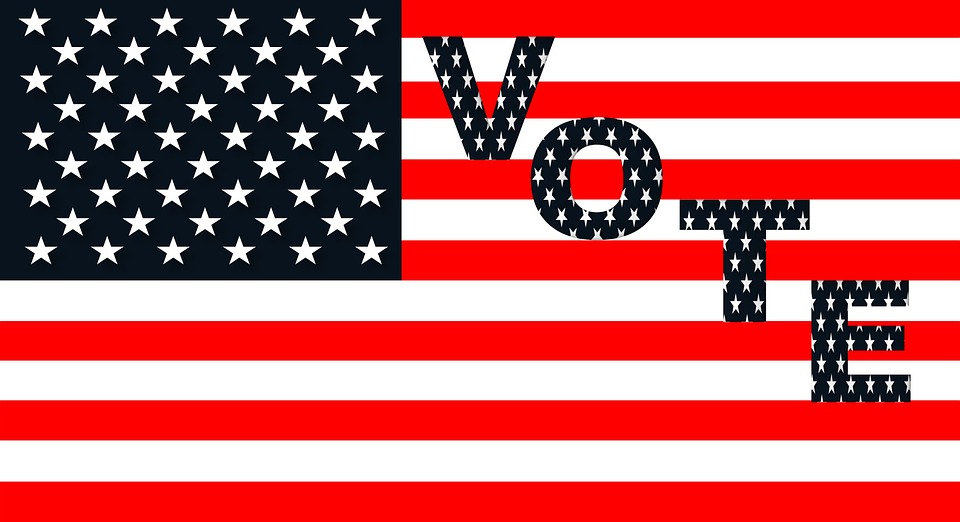 Published: 19.03.2020, 19:12
Published: 19.03.2020, 19:12 3 min read
3 min readIn February 2020, Ho Yat Seng, the governor of the Macau Special Administrative Region of China, ordered all city casinos to be closed for two weeks. Most government services were also temporarily suspended. Moreover, only emergency services in Asian Las Vegas continued to perform their duties. “Of course, this is a difficult decision, but we have to do it to protect the health of Macau residents from a dangerous disease,” said Ho Yat Seng at a press conference.
Local experts have calculated that the closure of gambling establishments will reduce Macau’s annual revenue from gambling by 5-15%. Such losses are happening since the two-week shutdown of casinos falls just in time for the Chinese New Year celebrations when Macau traditionally attracts a large number of Chinese tourists.
This decision was caused by the fact that more than ten people (including employees of local casinos) in the region were infected with the disease.
Two weeks later, a temporary order of the local government was canceled, and all casinos were back on duty.
The closure of all casinos in the region has dramatically affected their income. In February of this year, the total winnings of all casinos were $386,500,000, almost 88% lower than the same period last year.
Even before the Covid-19 quarantine, local casinos had lost more than 11% of their revenue due to the Covid-2019 pandemic in China, so it’s no wonder that the temporary closure of all casinos has only accelerated the process.
A team of analysts from JPMorgan Chase & Co. predicts that the total gross revenue of the gambling industry will decline by 24% in 2020.
It is expected to fall by 70% in March and then decline by 35% in the second quarter of the year. After that, revenue will return to normal rates as the virus will become less of a concern to society.
However, they also assure that although the coronavirus epidemic will have a harmful impact on the gambling industry, it is unlikely that the pandemic will be able to significantly curb the enthusiasm of players and make them stop playing.
Among other things, all casino staff and visitors must wear protective masks, and players must regularly check their body temperature and submit an electronic health declaration to gain access to the casino.
Before that, the most significant drop in industry revenues was considered to be in February 2015, when a 48.6% drop in annual terms was recorded.
In the first two months of this year, gross gaming industry revenue fell by 49.9% compared to the same period last year. In February, revenues fell by 85.9% compared to January.
In China, gambling is illegal except for two types of lotteries: betting lotteries, where you have to guess the outcome or results of several sports events, and charity lotteries, which are the traditional lottery raffles.
Macau is the only area in China where casinos are allowed to operate. Currently, there are 41 casinos operating in Macau. The casinos are controlled by six operators: SJM Holdings, Galaxy Entertainment, Las Vegas Sands, Melco Resorts, Wynn Resorts, and MGM Resorts. In addition, Macau is allowed to accept sports and racing bets.









